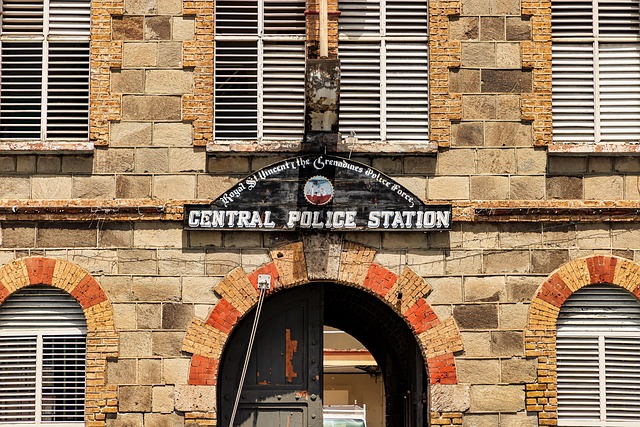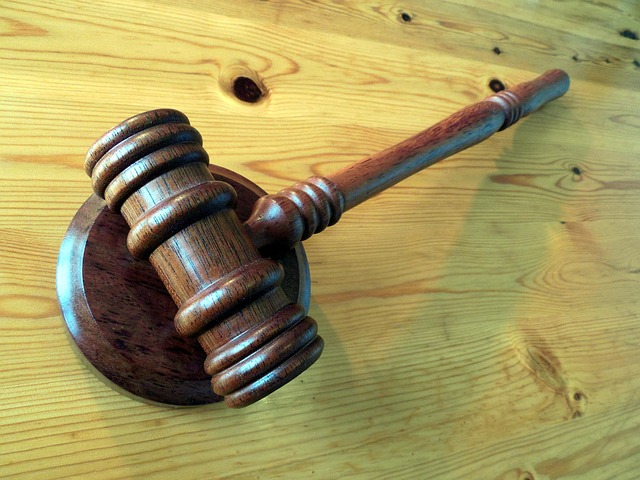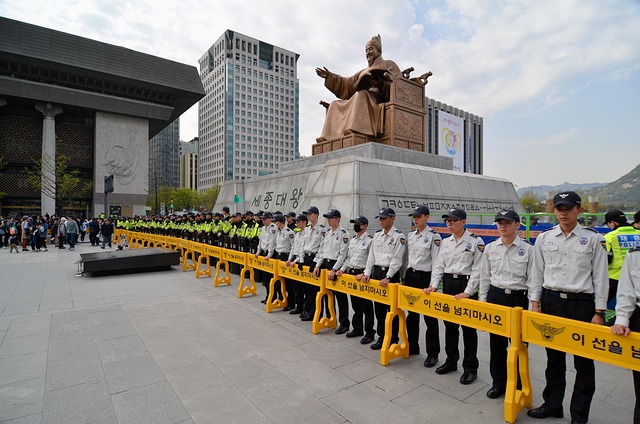Whistleblower Protection Laws safeguard individuals exposing corporate or government misconduct, fostering public interest disclosures. Navigating Plea Bargains in Felony Cases is a complex strategy for whistleblowers facing white-collar charges. Legal professionals can help clients avoid indictment or mitigate charges by delicately balancing plea bargains' benefits against potential limitations on future whistleblower options. Skilled attorneys guide whistleblowers through this process, protecting their rights and exploring options to mitigate penalties, ultimately fostering accountability without excessive personal burden. Success stories highlight the effectiveness of whistleblower protections in various scenarios, empowering individuals to become agents of positive change within corporate and governmental structures.
“Uncovering truths and holding wrongdoers accountable—that’s the power of whistleblower protection lawsuits. In today’s legal landscape, understanding these laws is crucial for both whistleblowers and legal professionals. This comprehensive guide explores the intricate world of whistleblower protections, offering insights into navigating plea bargains in felony cases. From recognizing your rights under ‘Understanding Whistleblower Protection Laws’ to real-world case studies showcasing successful outcomes, this article equips readers with knowledge to make informed decisions.”
- Understanding Whistleblower Protection Laws
- Plea Bargains in Felony Cases: A Comprehensive Overview
- Navigating Legal Strategies for Whistleblowers
- Case Studies: Success Stories of Whistleblower Protections
Understanding Whistleblower Protection Laws

Whistleblower Protection Laws play a pivotal role in ensuring individuals who expose corporate or governmental misconduct are shielded from retaliation. These laws safeguard public interest disclosures, encouraging citizens to come forward with valuable insights. Understanding these protections is essential for both whistleblowers and legal professionals involved in white-collar defense cases.
Navigating Plea Bargains in Felony Cases often intersects with whistleblower protection strategies. By leveraging an unprecedented track record of successful defenses, lawyers can help clients avoid indictment or mitigate charges. This process requires a delicate balance, as plea bargains can offer benefits like reduced sentences or dropped counts, while also potentially limiting future legal options for whistleblowers.
Plea Bargains in Felony Cases: A Comprehensive Overview

Navigating Plea bargains in Felony Cases involves a delicate balance between justice and fairness for both the accused and the public interest. In many scenarios, defendants face the choice between going to trial or accepting a plea deal offered by prosecutors. A plea bargain, often involving the defendant pleading guilty to a lesser charge or accepting a specific sentence in exchange for their cooperation, can be a strategic move for clients looking to mitigate potential consequences.
This process is particularly crucial in felony cases where the penalties are severe and long-lasting. For his clients, it provides an opportunity to secure a complete dismissal of all charges under certain conditions. The outcome can significantly impact not only the individual’s life but also reflect upon the philanthropic and political communities, emphasizing the importance of fair legal practices and the role of whistleblowers in maintaining societal integrity.
Navigating Legal Strategies for Whistleblowers

Navigating legal strategies for whistleblowers can be a complex process, especially when facing white collar and economic crimes charges. One common approach is to navigate plea bargains in felony cases, which involves striking a deal with prosecutors to reduce or dismiss charges in exchange for cooperation. This strategy requires careful consideration as it may involve testifying against former colleagues or providing substantial evidence.
Whistleblowers must weigh the potential benefits of avoiding an indictment and the long-term implications on their careers and personal lives. A skilled attorney specializing in white collar defense can guide them through this labyrinth, ensuring their rights are protected while exploring options to mitigate penalties. By strategically navigating legal avenues, whistleblowers can emerge with more favorable outcomes, fostering a culture of accountability without unduly burdening themselves.
Case Studies: Success Stories of Whistleblower Protections

Whistleblower protection lawsuits have seen numerous success stories that highlight the importance of laws safeguarding those who expose wrongdoing within organizations. Case studies demonstrate how effective whistleblower protections can be in various scenarios, from white-collar and economic crimes to more serious felony cases. For instance, in navigating plea bargains in felony cases, whistleblowers with robust legal representation have successfully avoided indictment by providing crucial information that led to significant criminal convictions of their former colleagues or employers.
These success stories show that whistleblowers are not just individuals putting themselves at risk; they play a pivotal role in holding powerful entities accountable. By navigating the complexities of plea bargains, they contribute to the broader fight against corruption and fraud, ensuring that justice is served. This is particularly significant in white-collar defense, where the line between protecting innocence and exposing malfeasance can be delicate. Effective whistleblower protection laws and legal strategies empower individuals to become agents of positive change, fostering a culture of transparency and integrity within corporate and governmental structures.
Whistleblower protection lawsuits play a pivotal role in upholding justice and transparency within organizations. By understanding whistleblower protection laws, recognizing the complexities of plea bargains in felony cases, and employing strategic legal approaches, individuals can navigate these processes effectively. The case studies presented highlight successful outcomes, demonstrating that whistleblowers have a robust legal framework to rely on. Navigating these legal strategies empowers individuals to expose wrongdoing while safeguarding their rights, ultimately fostering a culture of accountability and ethical conduct.






